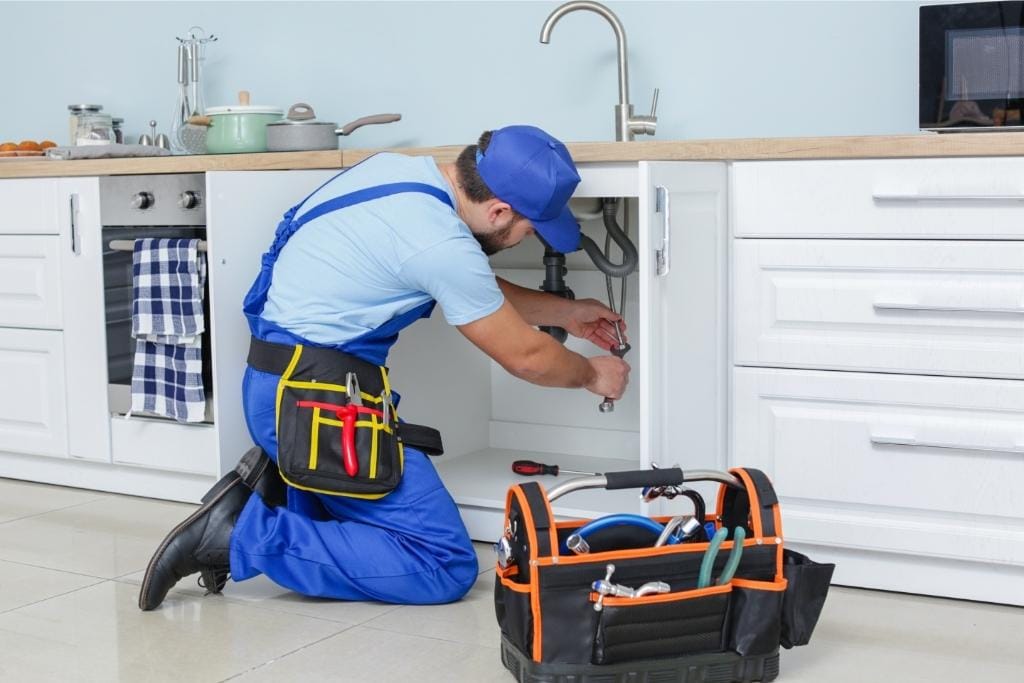As a homeowner, it's your responsibility to keep all the systems in your home running smoothly.
Unfortunately, many homeowners don’t know where to start when it comes to maintaining their plumbing system.
Your plumbing system is responsible for delivering clean water to your home and taking wastewater away.
To help you out, we've put together a list of six essential plumbing tips every homeowner should know.
Let’s get started…
1)) Know the Location of the Water Shut-Off Value
Know where your main water shut-off valve is located and how to use it.
In the event of a plumbing emergency, you'll need to be able to quickly shut off the water to your home to prevent any further damage.
The main shut-off valve is usually located near your water meter or where the main water line enters your home.
2)) Don't Pour Grease or Oil Down the Drain
When hot grease or oil cools off, it can solidify and clog your pipes.
Instead, pour it into an old can or jar and dispose of it in the trash.
3)) Only Flush Toilet Paper
Don't flush anything other than toilet paper down the toilet.
Your drains are not garbage cans.
You should never pour grease, oil, coffee grounds, eggshells, Feminine hygiene products, diapers, or paper towels down your drain.
These items can clog your pipes and lead to costly repairs.
Instead, dispose of these items in the trash.
4)) Inspect Pipes and Drains
Leaks can waste a lot of water and increase your utility bill.
To avoid this, check all the exposed pipes in your home regularly for leaks.
If you find a leak, tighten the fitting, or apply plumber's putty or tape around the leaky area until you can get it fixed by a professional.
5)) Schedule Regularly Septic Tank Pumps
If you have a septic tank, you will need to have it pumped every few years to prevent it from overflowing.
To find out how often you should pump your septic tank, consult with a professional plumber or septic tank specialist.
6)) Keep an Emergency Plumber on Speed-Dial
Always have the number of a good emergency plumber on hand so that you know who to call if you do have a severe plumbing issue that requires an expert.
Taking a DIY approach on issues that goes beyond your skill set and cause more damage and drastically increases the cost of getting it repaired.
Conclusion
By following these simple tips, you can help maintain your plumbing system and prevent common issues such as leaks and clogs.
However, if you do encounter any problems with your plumbing, it’s important to contact a professional plumber right away so they can assess the situation and make the necessary repairs.
Download Our Free E-book!







